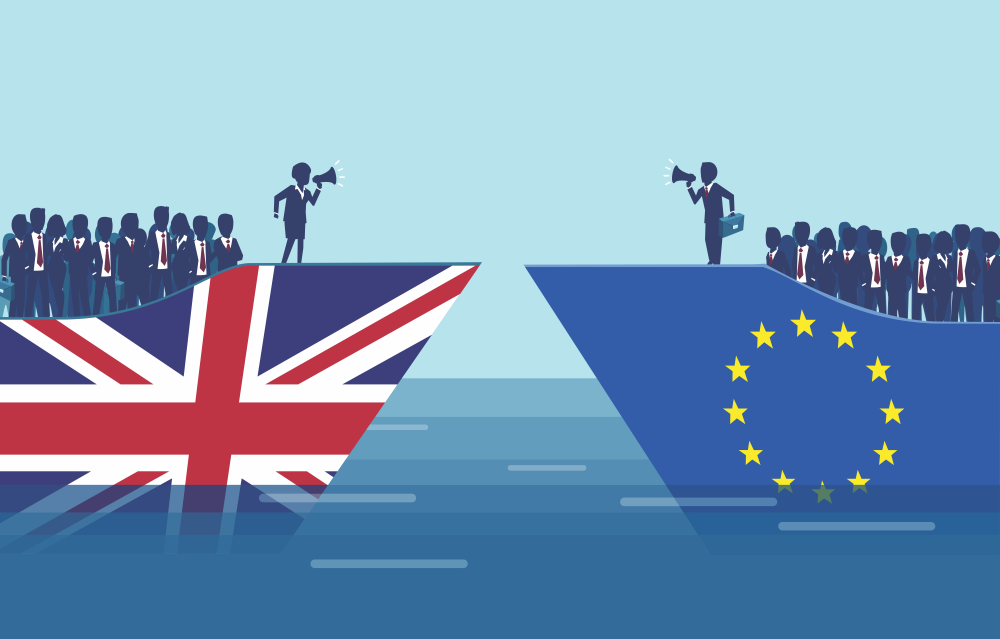
The EU’s chief negotiator said a trade deal with the UK is “unlikely” to be agreed in 2020, making it increasingly probable that the UK will trade with the EU under WTO rules after the transition period finishes.
Speaking at a press conference at the end of another week of tense negotiations, Michel Barnier said the two sides were “still far away”, just three months before the 31 October deadline he has given for a deal to be reached this year.
An agreement needs to be reached in the autumn to give enough time for ratification in the European parliament ahead of the end of the transition period on 31 December 2020.
Fisheries and standards
The two sides remain separated on multiple issues but Barnier was particularly stern about fisheries when speaking to the media yesterday (23 July).
He said the UK was demanding “near total exclusion” of European fishing boats from its waters, which he said would destroy the EU fishing industry and was “simply unacceptable”.
On state aid Barnier said there had been no UK assurances on how it would regulate the subsidies it could provide its own industries post-transition.
“We need consistency or some sort of equivalence between our respective systems”, he said.
“It means simply that by its current refusal to commit to the condition of open and fair competition, and to a balanced agreement on fisheries, the UK makes a trade agreement at this point unlikely,” he added.
Areas of progress
David Frost, the UK’s chief negotiator, said there were “considerable gaps” but a UK official told the Guardian that the two were divided over technical issues which could be resolved over the summer.
Frost was more optimistic than his counterpart, highlighting the EU’s “pragmatic” acceptance that the European court of justice would have no say in the UK as an example of compromise.
He said the UK, for its part, had also accepted the EU’s demand for an all-encompassing deal rather than multiple sector deals.
“We have heard the EU’s concerns about a complex Switzerland-style set of agreements and we are ready to consider simpler structures, provided satisfactory terms can be found for dispute settlement and governance,” Frost said.
However, he admitted that Prime Minister Boris Johnson’s hopes for an agreed outline of the deal by the end of the summer had been dashed and that the risk of a no deal outcome remained.



